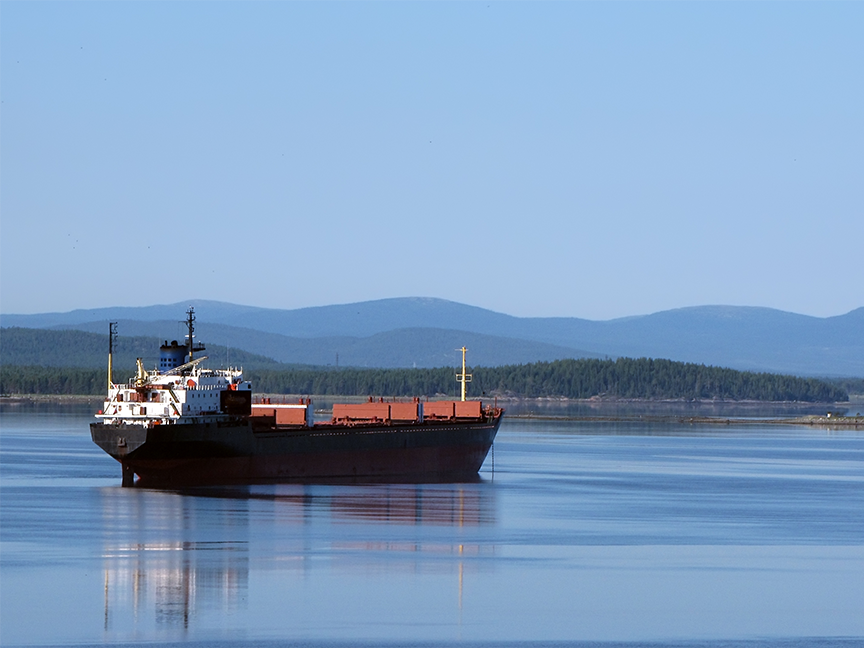
Global businesses need to know precisely how they’ll be affected by the widening economic sanctions imposed by the U.S. and Europe against Russia, in response to its invasion of Ukraine.
Given the complexity of global supply chains, the sanctions could have unanticipated effects on production, distribution, finance and exposure to regulatory action. So it’s all the more important that companies are prepared to identify those issues and mitigate their impact, says Christian Contardo, attorney and member of the Global Trade & National Security Practice Group of Lowenstein Sandler LLP.
“It’s a volatile and dynamic situation that’s changing daily,” he says. Among the most worrisome issues for companies with economic ties to Russia are new sanctions imposed by the U.S. Treasury Department’s Office of Foreign Assets Control (OFAC), which is going after the assets of Russia’s oligarchs. In addition, the Commerce Department’s Bureau of Industry and Security (BIS) has implemented restrictions on exports to Russia, with the intent of limiting the country’s access to technology that could be deployed for military purposes.
Russian banks are yet another target of the U.S. and other countries, which have blocked payments by institutions accounting for nearly 80% of Russia’s banking sector assets. “It’s really important to know which banks you’re dealing with within Russia,” Contardo says.
For companies with potential exposure to Russian interests, strict screening procedures are a must. It could be a matter of ferreting out Russian oligarchs who sit on boards of directors, or have even the smallest ownership interest in a global business. End customers must be scrutinized to ensure that producers aren’t violating new sanctions on technology transfer. Employees of Russian subsidiaries could further expose companies to severe regulatory action.
As the U.S. and its allies tighten restrictions on trade with Russia, affected companies need to ramp up their screening efforts in line with the shifting definition of due diligence. In many cases they’re being required to conform to overlapping regulatory regimes with differing rules on who’s an acceptable trading partner. BIS, for example, has added 49 Russian military end users to its roster of prohibited entities, but that list might not square exactly with those of the European Union, the United Kingdom, Japan, Australia and New Zealand.
On the legal side, companies should be reviewing their contracts with Russian entities to ensure they’re in accordance with the law. Buyers must certify that they’re not purchasing items on behalf of military end users. But mere promises of compliance aren’t enough to protect a manufacturer or distributor, if the ultimate customer is concealed by multiple layers of purchasers. “Supply chains can get really opaque after a few levels,” Contardo says.
Nevertheless, he says, “Companies are generally liable even if they don’t know, and it’s impossible to know. The laws in the U.S. are strict.”
The consequences of non-compliance can be heavy, ranging from millions of dollars in fines to criminal prosecution. Large numbers of small-value transactions could add up to enormous penalties, Contardo says, recommending that companies be prepared to plead mitigating factors if found in violation of the sanctions. OFAC, for one, “has wide discretion in assessing penalties.”
As Russia continues to intensify its assault on Ukraine — and perhaps even escalate attacks beyond that nation’s sovereign borders — it will become increasingly toxic as a trading and investment partner. Many western companies with business in Russia are likely to abandon the country altogether, provided that they can identify all of the parties in their downstream supply chains. But others will find it difficult to quit Russia entirely, given its supremacy as a provider of certain key commodities like oil, natural gas and wheat.
Even a pullback of Russian forces from Ukraine won’t end the risk of doing business with Russia. “I don’t see the sanctions being relaxed or removed anytime soon,” Contardo says. “I expect those restrictions are going to be in place for the foreseeable future.” And while they are, supply chains need to remain diligent about staying in compliance with multiple regulatory regimes.







